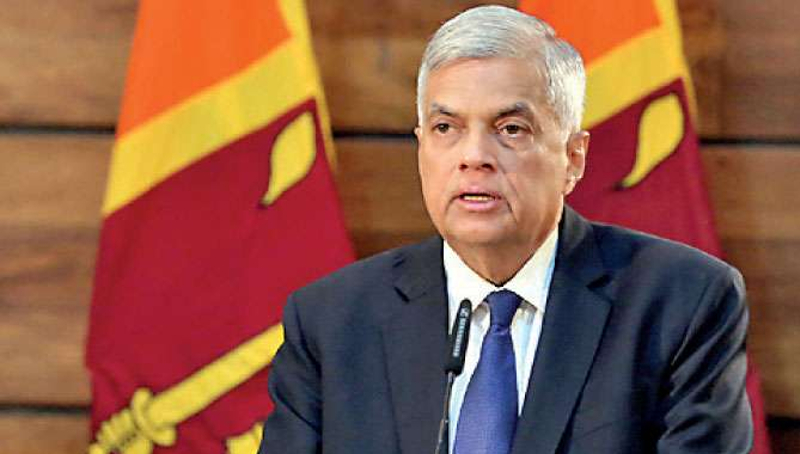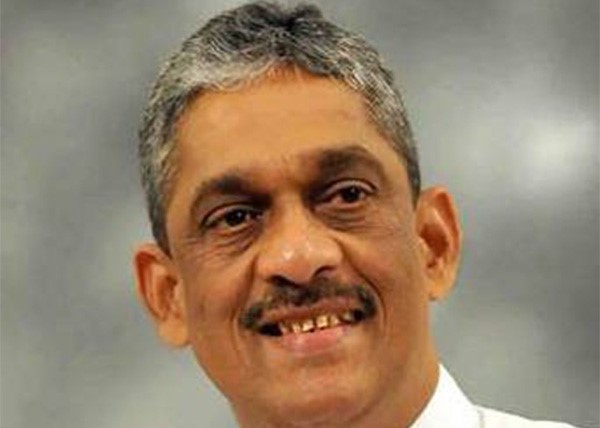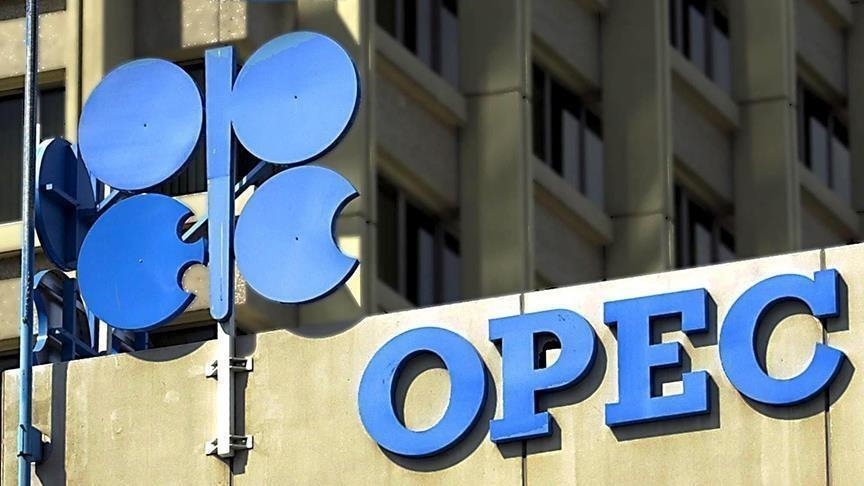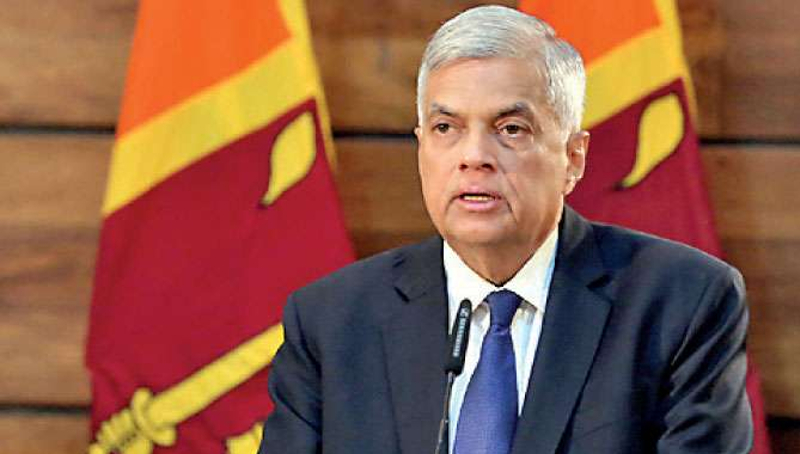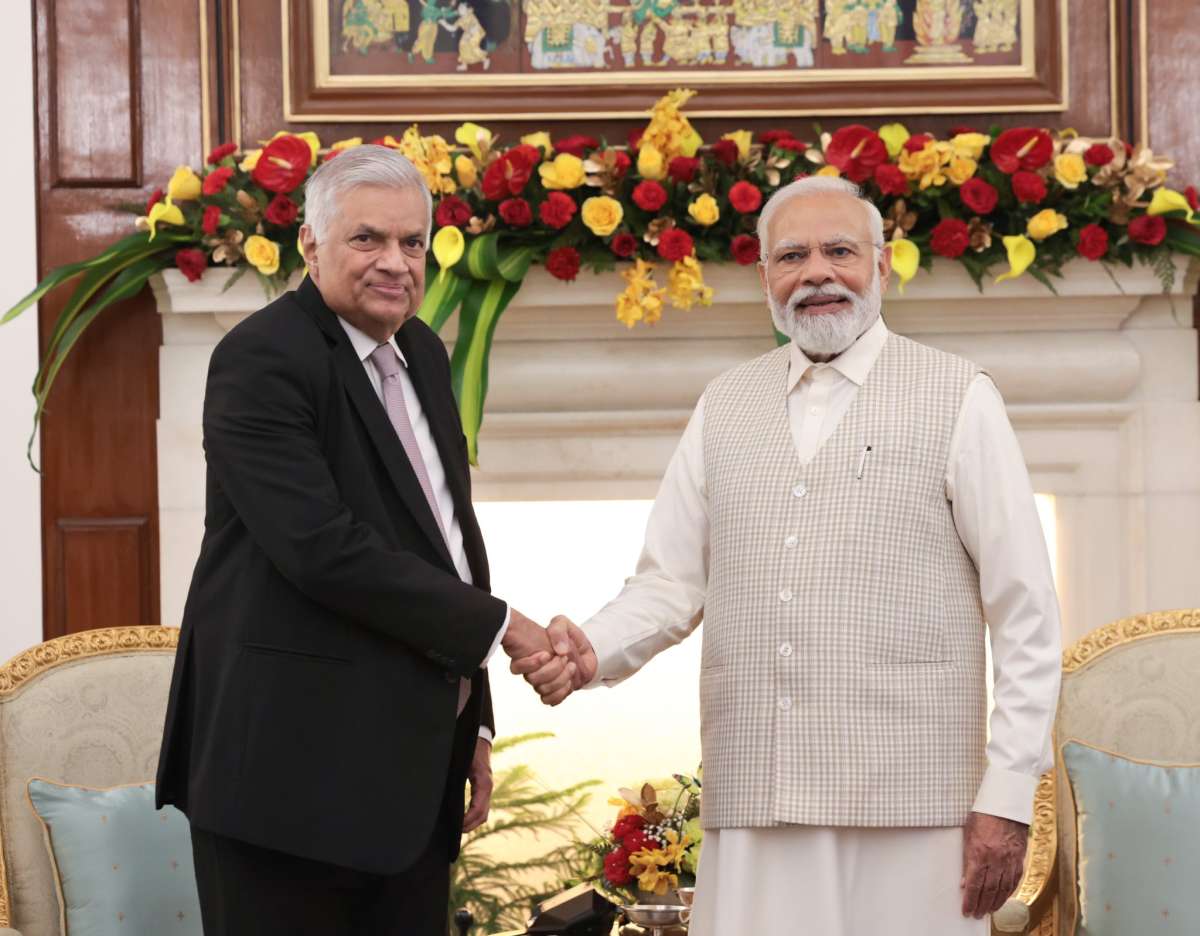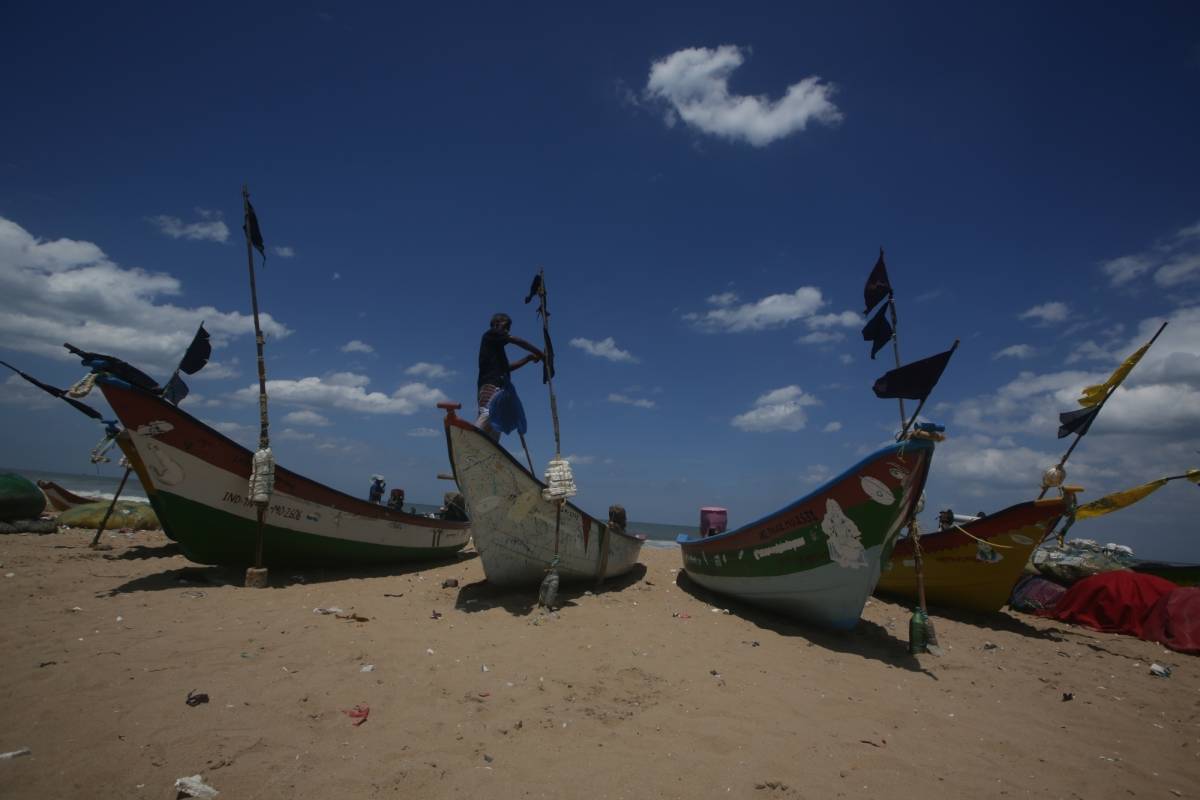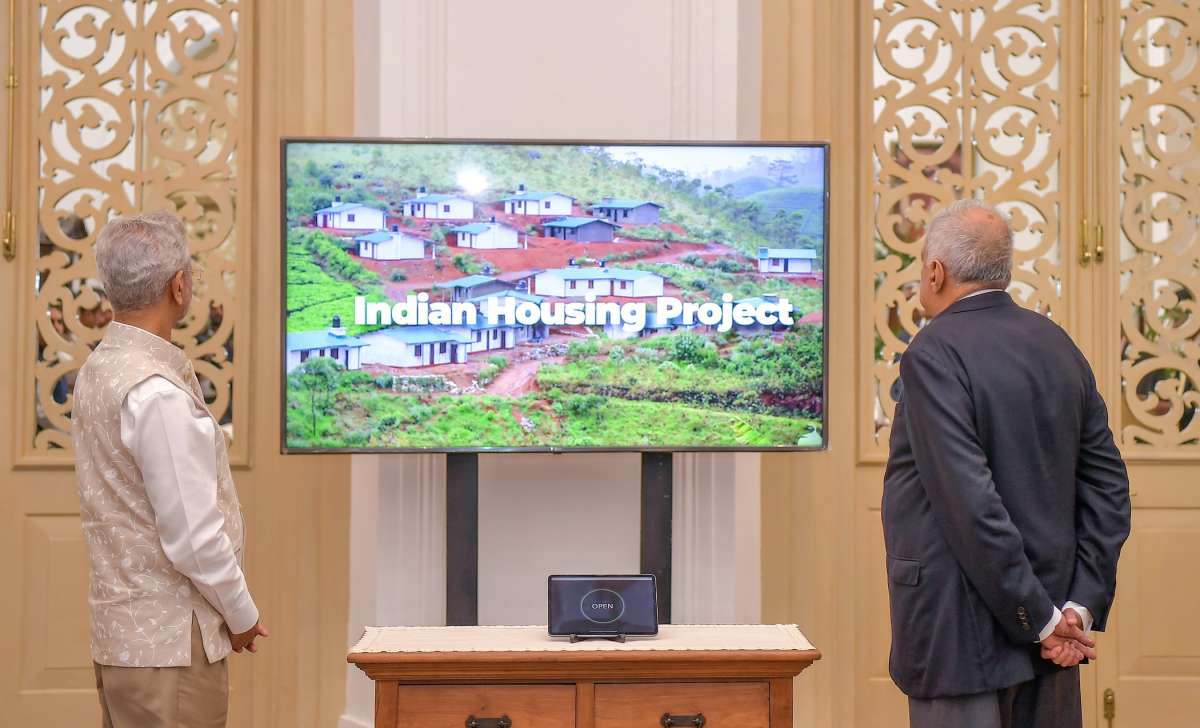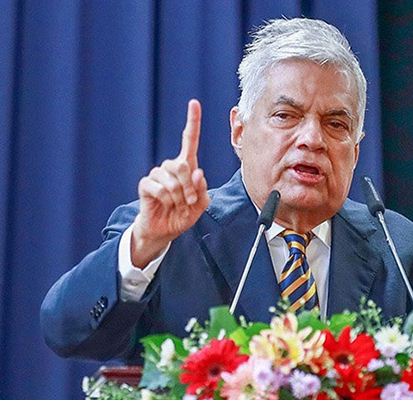The debt structuring deal allows Sri Lanka to defer all bilateral loan instalment payments until 2028 and also to repay all the loans on concessional terms…reports Susitha Fernando
With a major move to turn around the country’s worst-ever financial crisis, Sri Lanka President Ranil Wickremesinghe thanked India and other key bilateral creditors for finalising a debt restructuring deal valued at a combined $10 billion.
“I extend my gratitude to our creditors, including China and Exim Bank of China, India, Japan, and France, who co-chair the Official Creditors Committee,” President Wickremesinghe said in a televised address on Wednesday night.
The debt structuring deal allows Sri Lanka to defer all bilateral loan instalment payments until 2028 and also to repay all the loans on concessional terms, with an extended period until 2043, President Wickremesinghe said.
In a major step to rebound from bankruptcy, Sri Lanka on Wednesday concluded negotiations with the Official Creditor Committee (OCC) co-chaired by India, Japan, France and China Exim Bank.
The other members of OCC include Australia, Austria, Belgium, Canada, Denmark, Germany, Hungary, Korea, the Netherlands, Russia, Spain, Sweden, the UK, and the US.
“Each creditor, including the OCC and China Exim Bank, agreed to extend maturity periods, initiate capital grace periods, and reduce interest rates significantly. These measures collectively alleviate Sri Lanka’s near-term debt service obligations, freeing up resources for essential public expenditures crucial for economic stabilization and growth,” announcing the success of much-awaited debt restructure negotiation, the President’s Media Division (PMD) said.
“This restructuring provides up to 92 per cent relief on debt service payments during the IMF program, offering substantial fiscal breathing room crucial for prioritizing public services and stimulating economic growth,” the PMD stated.
As the Sri Lanka President announced the finalizing of debt restricting negations, India’s External Affairs Ministry congratulated Sri Lanka for signing the agreement with the OCC.
“We congratulate the Government of Sri Lanka for the signing of the MoU between the Official Creditor Committee & Sri Lanka on debt restructuring. This signifies the progress made by Sri Lanka in its economic stabilisation & recovery,” Ministry of External Affairs (MEA) announced
“India is steadfast in its commitment to Sri Lanka’s growth and prosperity, demonstrated by the unprecedented assistance of $4 billion as well as the role played by India as the co-chair of the OCC,” Randhir Jaiswal, Official Spokesperson, Ministry of External Affairs, India wrote in a post on social media platform X.
“This milestone demonstrates the strong progress made by Sri Lanka in stabilizing its economy and moving towards reform and growth. As one of the Co-Chairs of the OCC, along with France and Japan, India has been steadfast in its commitment to the stabilization, recovery and growth of the Sri Lankan economy,” the Indian High Commission in Colombo said in a statement.
“This was also demonstrated by India’s unprecedented financial support of USD 4 billion to Sri Lanka. India was also the first creditor nation to convey financing assurances to IMF which paved the way for Sri Lanka to secure the IMF program,” it stated.
After the IMF approved the Extended Fund Facility (EFF Program) for Sri Lanka on March 20, 2023, the OCC was launched in April 2023 to hold talks among Sri Lanka’s bilateral creditors including India to finalize a plan for restructuring Sri Lanka’s debt.
“India will continue to support Sri Lanka’s economic recovery including by promoting long-term investments in its key economic sectors,” the High Commission assured.
In his address to the nation, President Wickremesinghe said that the agreements would provide significant relief to the country’s economy.
“In April 2022, Sri Lanka officially declared its inability to meet its debt obligations. Following this declaration, international business transactions with Sri Lanka came to a halt. No country is willing to engage in financial relations with a nation that is bankrupt and unable to pay its debts. Consequently, we were unable to secure loans or even obtain letters of credit. Against this backdrop, all projects in our country funded by foreign loans were halted,” President Wickremesinghe described.
He said that with the achievement of the crucial milestone in debt restructuring, there are legal opportunities for these countries to resume all projects funded by foreign loans.
“Projects such as the development of Katunayake Airport, the light railway, and the expressway are set to recommence. Moreover, we can look forward to initiating many new development projects,” he assured.
He said that international confidence in Sri Lanka is reaffirmed as bilateral creditors have reached an agreement, serving as a kind of international endorsement.
“The global community, which previously refused to accept our letters of credit, is now prepared to grant us a certificate of confidence,” the President said.
After the global economic crisis followed by the Covid-19 pandemic, Sri Lanka’s economy came to a standstill with no basic needs including food, medicine, fuel, and cooking gas.
In April 2022, Sri Lanka declared bankruptcy announcing its inability to meet its debt obligations. India immediately came to rescue its southern neighbour by supplying food, fuel, medicine and other financial facilities worth more than $4 billion.
ALSO READ: Lankan Navy arrests 22 TN fishermen near Neduntheevu

